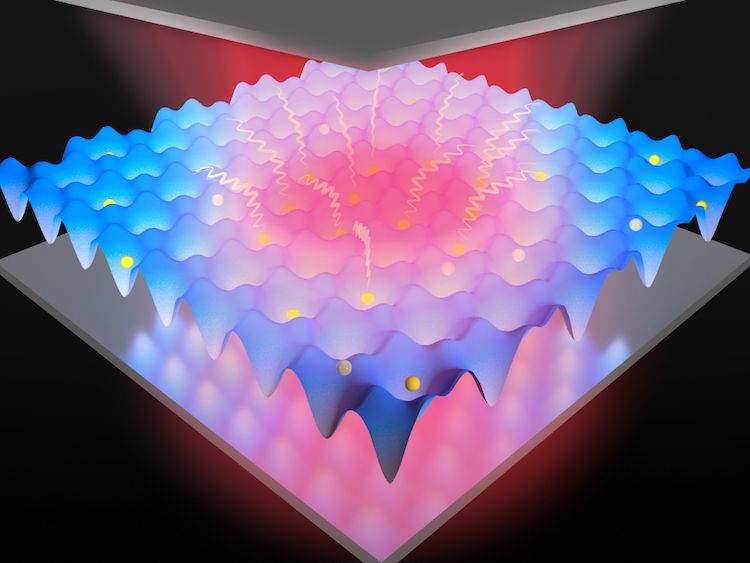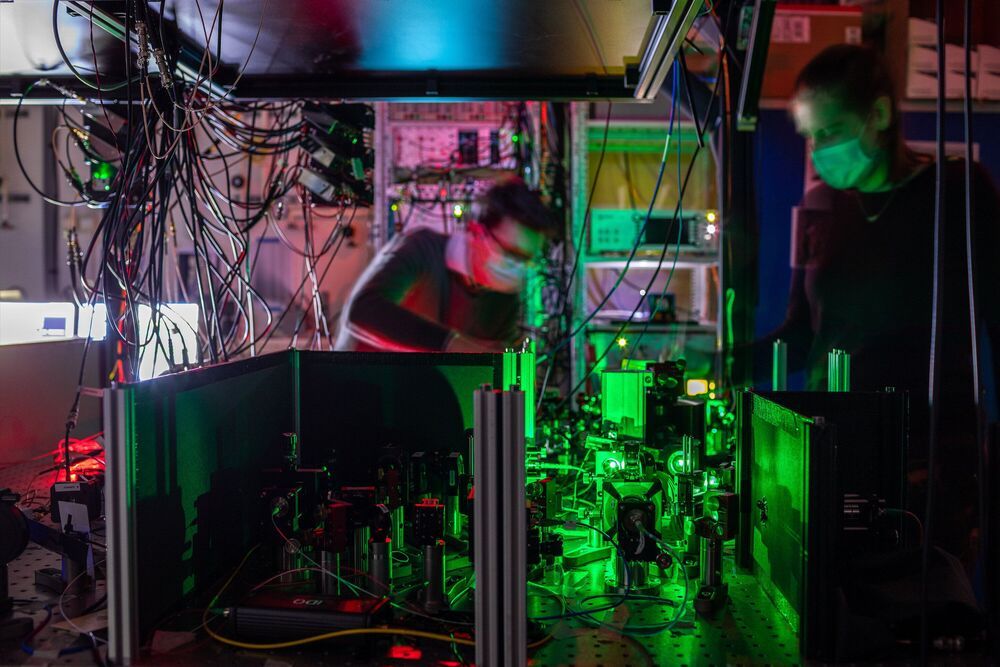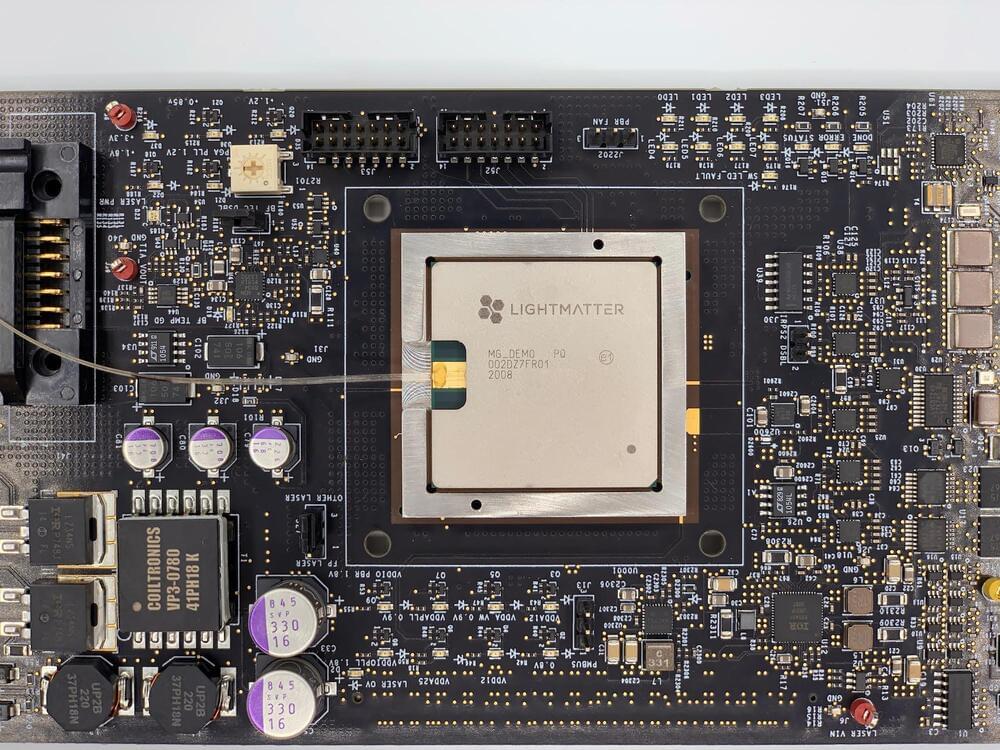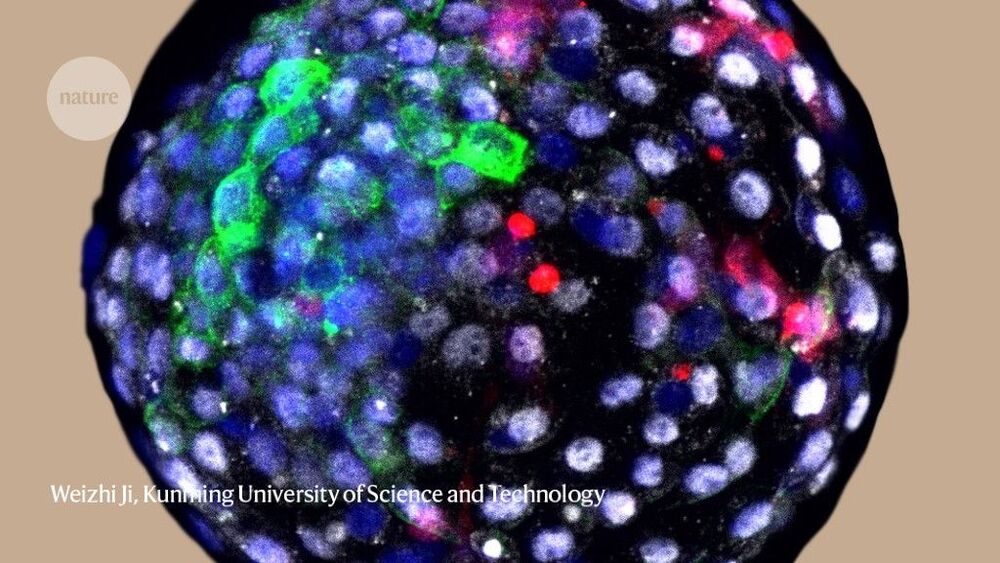Physics World
Interactions between matter and light in microcavities made of mirrors are fundamentally important for many modern technologies, including lasers. Researchers at the University of Michigan, Ann Arbor, US, have now gained tighter control of these interactions by exploiting a nonlinear effect that occurs in a new kind of hybrid semiconductor made from bilayers of two-dimensional materials. These semiconducting sheets form an egg-carton-like array in which the “pockets” are quantum dots that can be controlled using light, and they could be used to make ultralow-energy switches.
Led by Hui Deng, the researchers made their hybrid semiconductor from flakes of tungsten disulphide (WS2) and molybdenum diselenide (MoSe2) just a few atoms thick. In their bulk form, these transition-metal dichalcogenides (TMDCs) act as indirect band-gap semiconductors. When scaled down to a monolayer thickness, however, they behave as direct band-gap semiconductors, capable of efficiently absorbing and emitting light.
When laid on top of one another, the electronic structures of TMDCs can form a larger electron lattice (known as a moiré lattice) thanks to the slight mismatch of the materials’ lattice constants. The period of this lattice can be tuned by twisting the monolayers with respect to each other at different angles. In the WS2 and MoSe2 bilayer studied in this work, this angle is about 56.5° and the moiré lattice produced contains “pockets” measuring around 10 atoms across. These pockets, explains study lead author Long Zhang, are the quantum dots – tiny pieces of semiconducting materials that can isolate individual quantum particles such as electrons.









